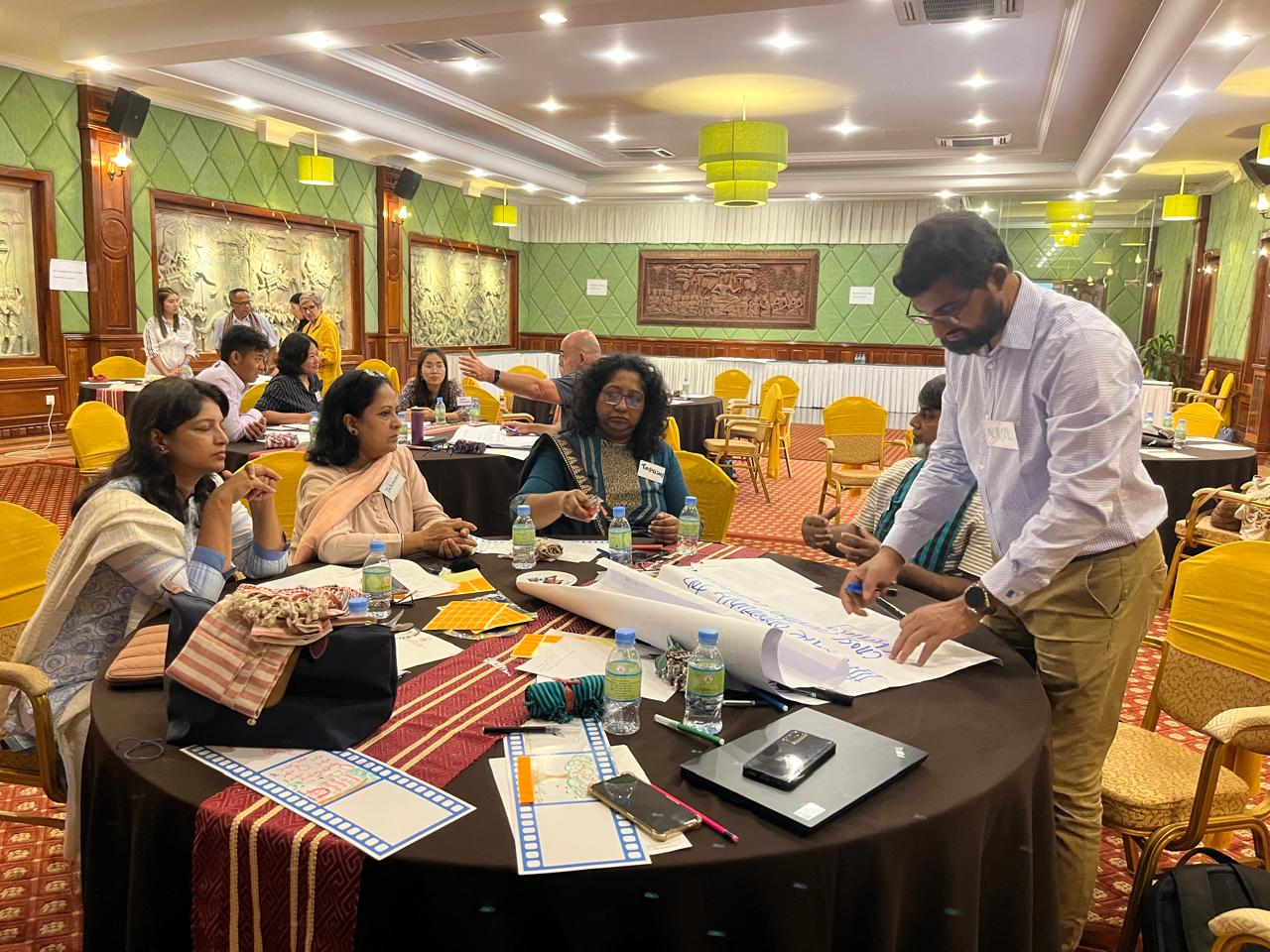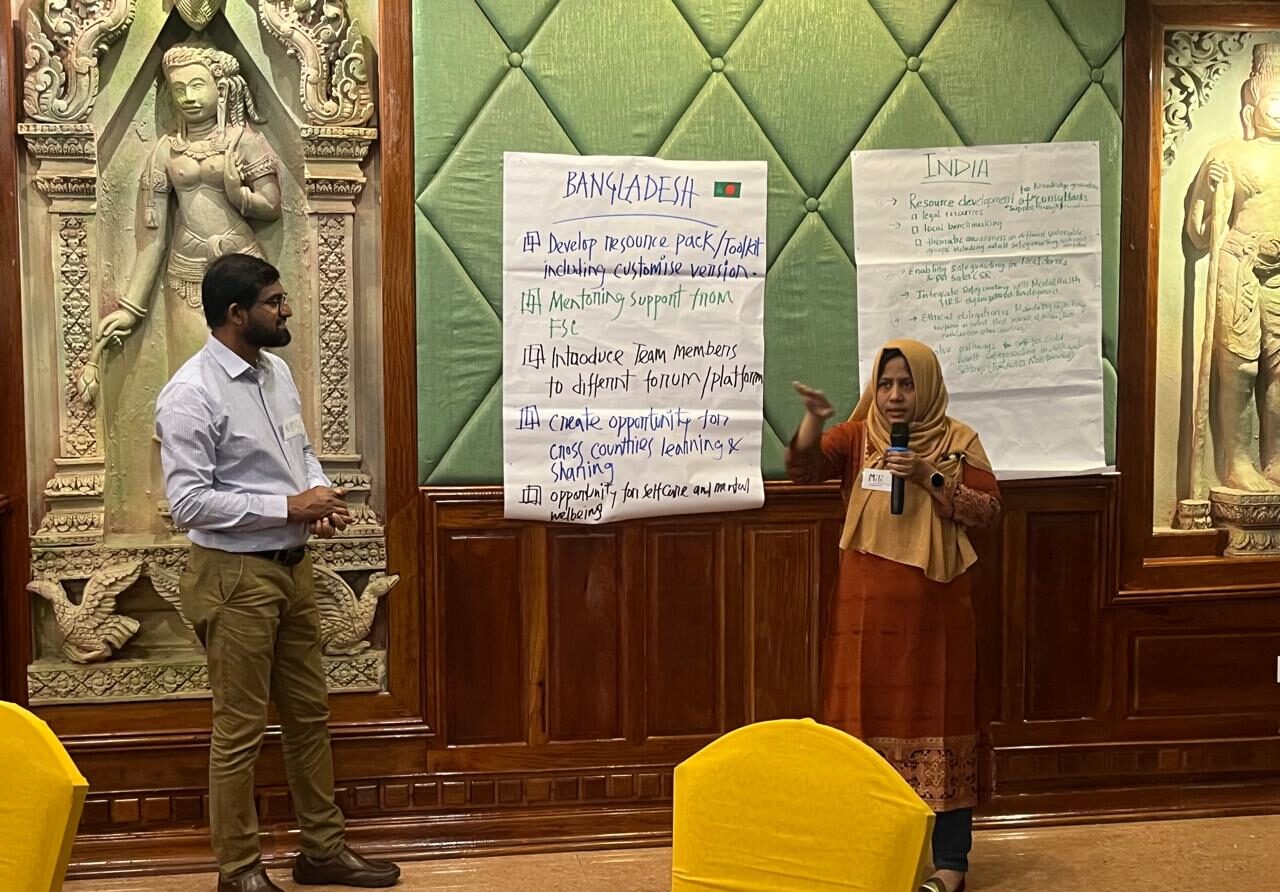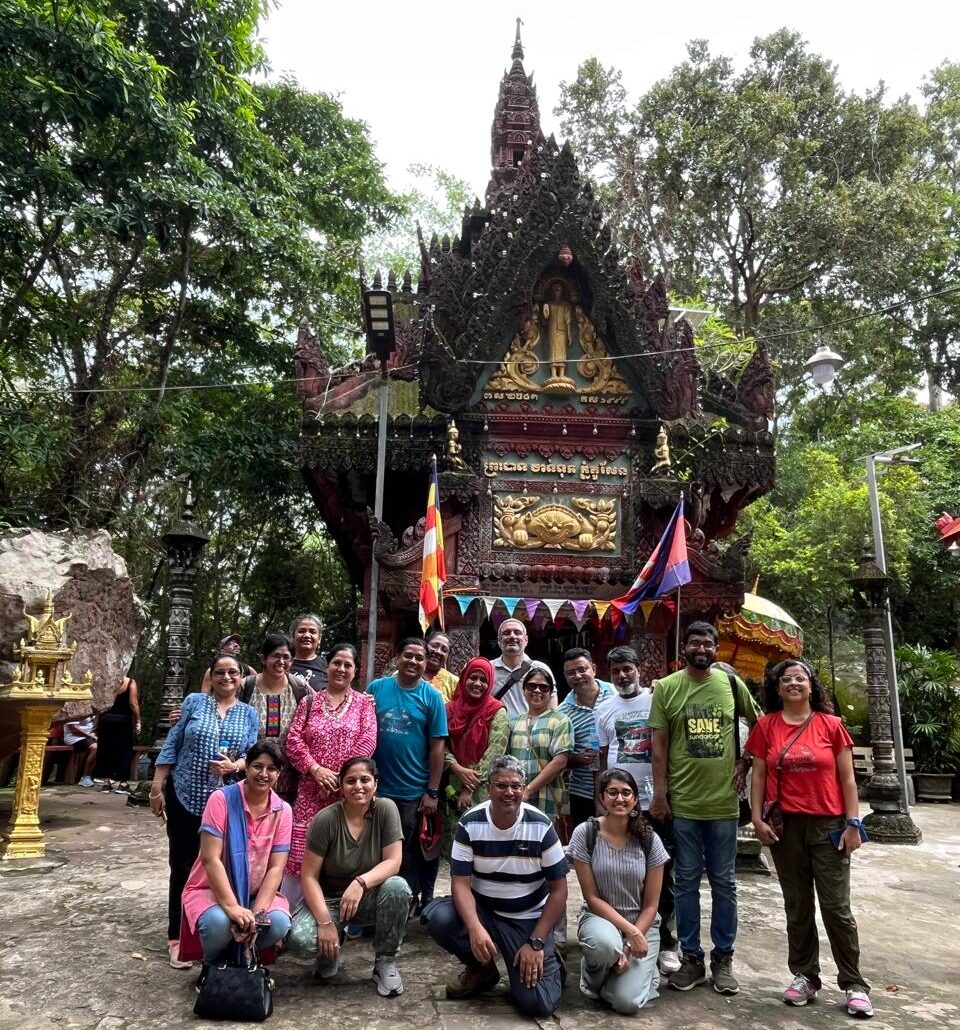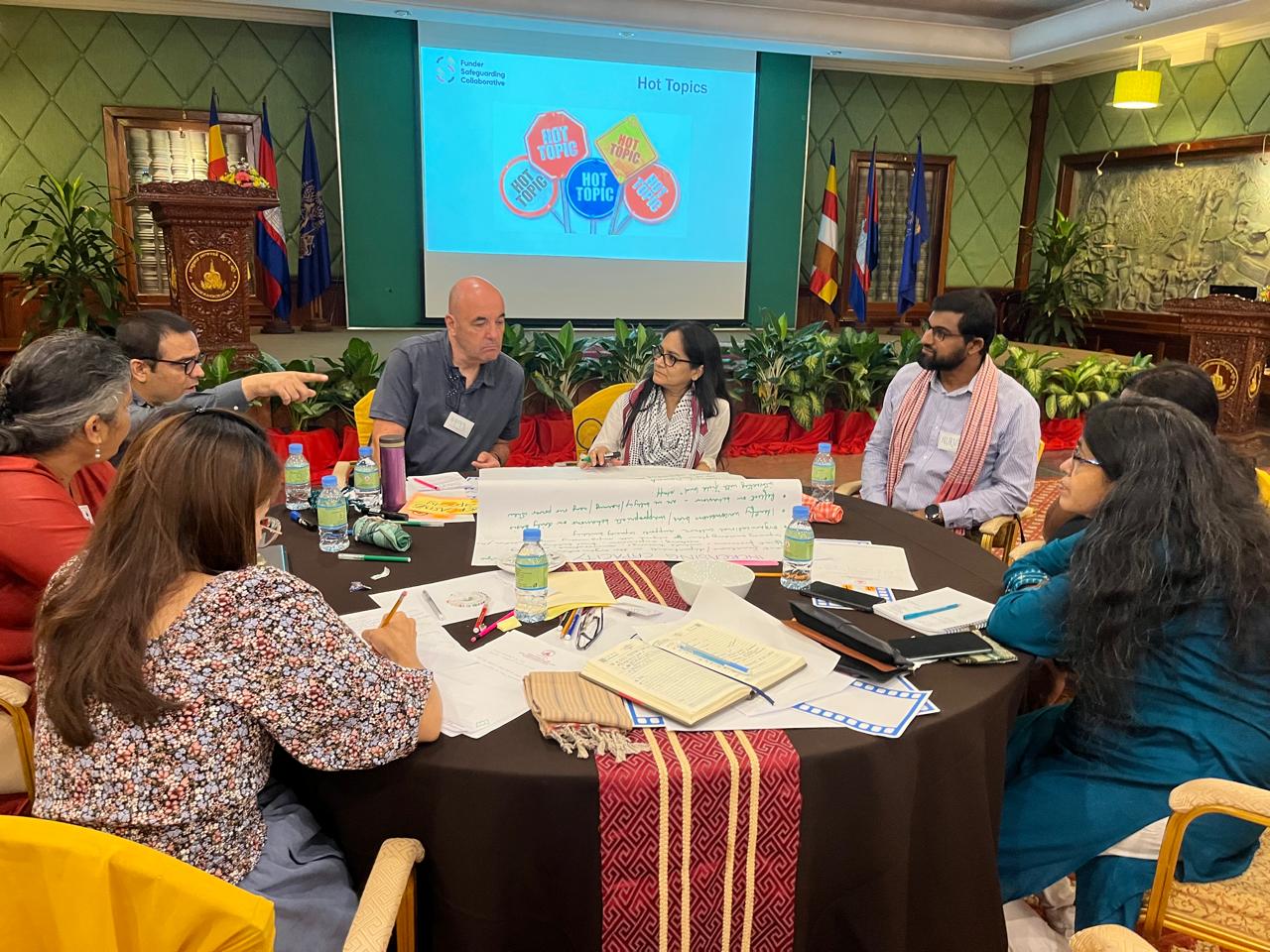Training programs in the tourism industry equip individuals with the skills and knowledge necessary to excel in various roles within the sector. These programs cover a wide range of topics, from fundamental management principles to specialized areas such as sustainable tourism and digital marketing. Training can be accessed through various avenues, online platforms, and specialized institutions.
Tour guide training provides individuals with the knowledge and skills needed to effectively guide and inform tourists. This training typically covers areas such as local history, culture, communication, and customer service, ensuring that guides can deliver engaging and informative experiences.

Training emphasizes a thorough understanding of the history, culture, and points of interest within a specific location.
Effective tour guides must possess strong communication skills to present information clearly and engagingly. This includes developing abilities in public speaking and storytelling.
Training focuses on techniques for interacting with diverse groups of tourists, managing groups, and addressing potential issues that may arise.
Guides learn about emergency procedures, first aid, and practical aspects of tours, such as transportation and itinerary management.
Training often includes discussions on professional conduct, including appropriate attire, punctuality, and ethical behavior.
Training helps guides understand and respect different cultures, ensuring a positive experience for all tourists.

Formal Courses:
Many institutions offer certificate or diploma programs in tour guiding.
Workshops and Seminars:
Short courses and workshops provide targeted training on specific skills, such as communication or guiding techniques.
On-the-Job Training:
Experienced guides can mentor and train new guides, offering practical experience and guidance.
Training for a travel agency typically covers fundamental operations, client management, booking systems, destination knowledge, and marketing strategies. It can also include specialized training in areas such as air ticketing, cruise lines, and building professional networks. Certification programs offered by organizations like The Travel Institute and IATA can enhance credibility and skill sets.


Air Ticketing:
Focuses on the intricacies of airline ticketing, including fare calculation, reissues, and exchanges.
Cruise Lines:
Training from organizations like CLIA can equip agents with expertise in selling cruise vacations.
IATA Accreditation:
Becoming an IATA-accredited travel agent can enhance business relationships with airlines.

Online Courses: Many institutions offer online courses that allow for flexible learning at your own pace.
In-Person Workshops: Some organizations provide in-person training sessions and workshops.
Certification Programs: The Travel Institute and IATA offer certification programs to validate expertise.
Industry Events: Attending conferences, trade shows, and industry events can provide valuable networking and learning opportunities.
Increased Credibility: Certifications and specialized training can enhance your professional reputation.
Improved Skills: Training equips you with the necessary skills to excel in various roles within the travel industry.
Enhanced Career Opportunities: Training can open doors to a wider range of career options and advancement within the travel sector.
Better Customer Service: Effective training can lead to improved customer satisfaction and loyalty.
Increased Earning Potential: Well-trained agents can potentially earn higher commissions and income.-trained agents can potentially earn higher commissions and income.